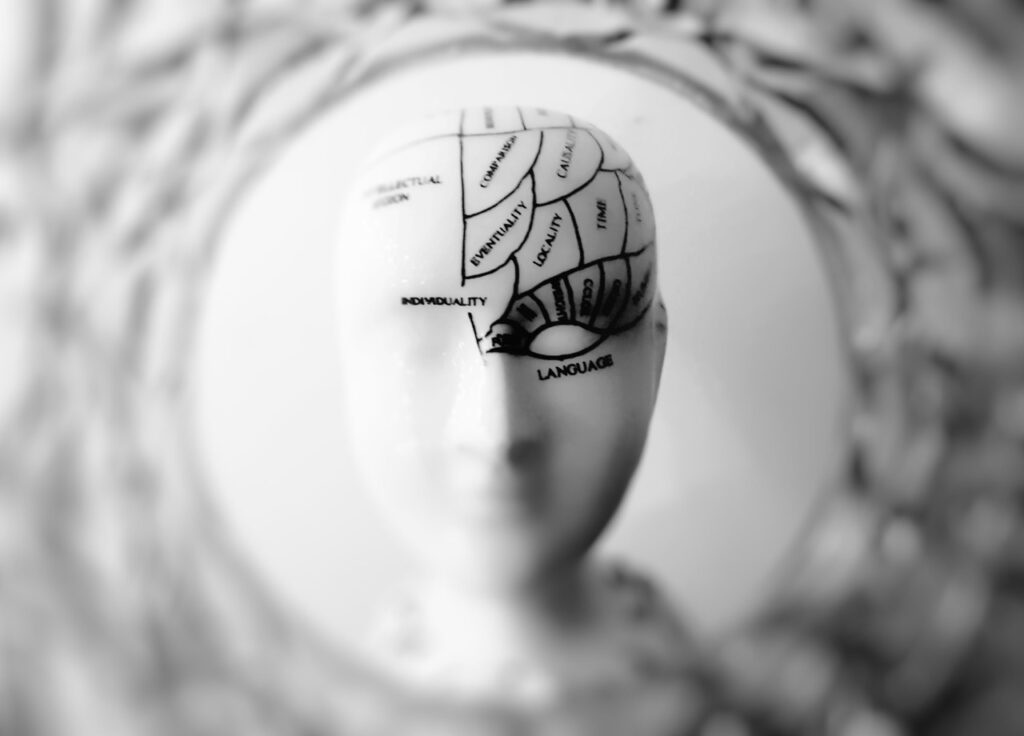Have you ever wondered what hidden forces shape your thoughts, actions, and decisions? In his book Incognito, David Eagleman sheds light on the mysterious workings of the unconscious mind. From exploring how our environment and experiences shape our perceptions to examining how our emotions and biases influence our decision-making processes, Eagleman provides an insightful look into the hidden forces that drive our behaviour. In this blog post, we’ll dive into the key takeaways from Incognito and discuss the implications of understanding the unconscious mind.
The Unconscious Mind

This book explains the idea of the unconscious mind and its impact on human behaviour by illustrating real-life situations in order to show how our unconscious thoughts and desires can influence our actions.
We generally fail to be mindful of the subconscious processes that underlie our decision-making. We might make judgments without even being aware of them or without being able to justify them. Instead of acting on rational thoughts, people frequently make choices about their health based on irrational fears or desires.
The book also explains how minute cues can influence our behaviour and decision-making processes in our surroundings. For instance, music playing in supermarkets may unintentionally cause customers to purchase more items than normal.
Perception

Our brains process information by considering the role of attention, expectation, and experience in shaping our perceptions. Perception isn’t a straightforward process. We don’t simply take in information from our surroundings; rather, our brains are constantly working to make sense of it as well as fill in gaps based on prior knowledge or expectations.
Although people share a common base of understanding in terms of basic senses such as sight and hearing, their interpretations may differ greatly due to their individual experiences and environment. In other words, two people looking at the same thing may identify something completely different due to their unique set of beliefs and cultural biases.
Perception isn’t limited to any single factor but is instead influenced by various factors, including past experiences, current circumstances, culture-based beliefs, and more. It’s a complex process that affects human behaviour and decision-making.
Decision Making

Emotions and biases play a crucial role in our choices and the process of decision-making. When faced with a difficult decision, we often rely on heuristics (mental shortcuts) to help us reach a conclusion quickly. However, these shortcuts can lead to biased decisions that are not always in our best interests. Additionally, the influence of cultural and societal factors on decision-making can shape our beliefs and attitudes, leading us to make different decisions than we would have otherwise.
Emotions can act as an internal compass that guides us towards what we feel is right or wrong. This emotional guidance is especially important in difficult situations where facts may be unclear or hard to interpret. While this emotional guidance may sometimes be beneficial, it can also lead to irrational decisions if not properly managed and understood.
Understanding our own cognitive biases allows us to recognize when we might be making an irrational choice based on faulty assumptions or preconceived notions. By recognizing these biases and questioning their validity, we can better make sound decisions based on facts rather than feelings or beliefs.
Self and identity

The combination of conscious and unconscious processes forms our sense of self. The unconscious mind can influence our behaviour without us even knowing it, helping shape our identity subtly. Social and cultural influences can profoundly impact how we view ourselves and the world around us.
Expectations from others can shape our sense of self, which can come from family members, peers, teachers, or society at large. These expectations can lead us to decide based on what we think others might want rather than what is best for us. Cultural norms and values are deeply ingrained into our brains and can affect how we interact with the world around us.
Also, identity is shaped by language and communication styles. Certain words or phrases carry different meanings depending on the context, culture, or regional dialects. This means that language can shape how individuals think about themselves and their relationships with others in their communities. Additionally, communication styles may be influenced by gender roles or generational differences, which further shape an individual’s identity.
You may be interested in this article
10 Best pieces of life advice that changed my journey
Overall Summary & Key takeaways
Here are some of the main ideas presented in the book:
Some key takeaways from the book include:
To put it briefly, Incognito has a unique perspective on the mysteries of our brains. I enjoyed every sentence of this book throughout the exploration of the unconscious mind, perception, decision-making, and self-identity. You learn your actions, intentions, decisions, and, most importantly, self-identity by analyzing your life throughout the reading. If you are interested in psychology, neuroscience, or personal growth and development, Incognito is a must-read to deepen your understanding of the human mind.


Indeed, our brains has huge impact on our actions and behaviours. Thanks for sharing this article. I’ll definitely check the book 👍
That’s a very useful article indeed. I’ve read this book and I’d definitely recommend it. It will change your outlook and thoughts completely towards the life!